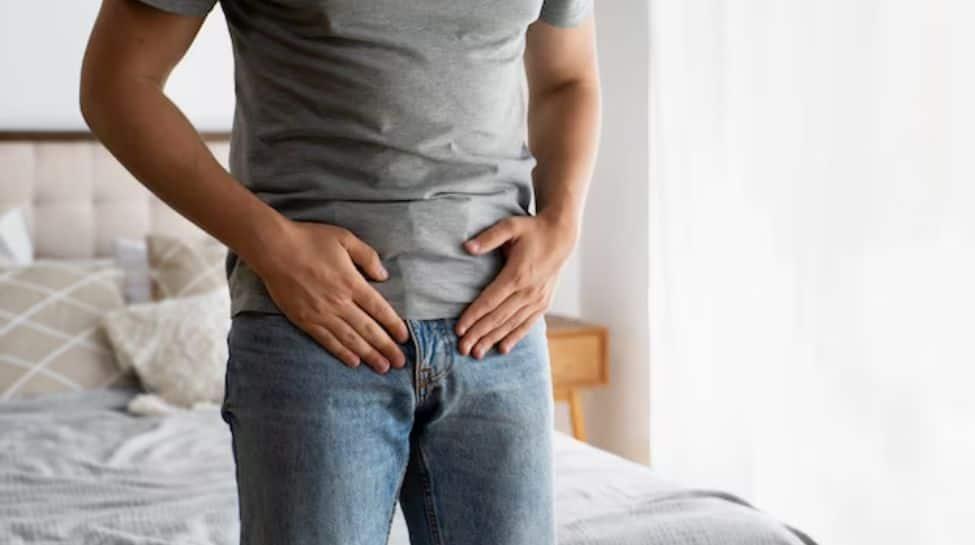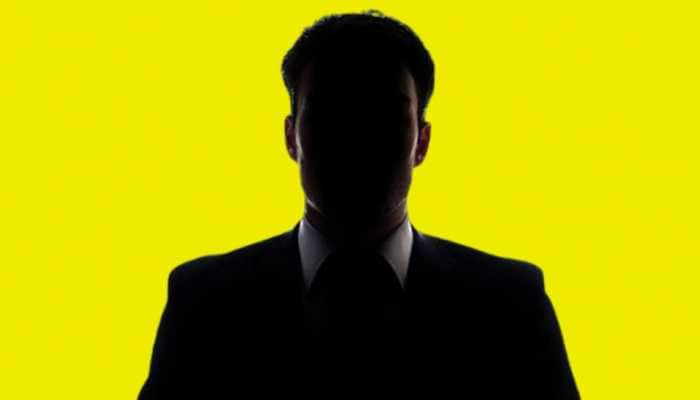7 Reasons Why It Hurts To Pee For Men — And What To Do About It
Once men reach their 40s, they become more prone to certain health conditions. Your bathroom habits can reveal a lot about your reproductive and prostate health. Frequent incomplete urination with urgency and hesitancy and a feeling of incomplete voiding, straining while urination with pain while peeing are common concerns among men.
7 Reasons Why It Hurts To Pee For Men — And What To Do About It
)
Leading to disturbed sleep and disturbed day. Overactive bladder, frequent bathroom trips, and discomfort during urination might be seen as natural parts of aging, but what if these signs point to something more serious? It's worth paying attention—these could be early warnings of underlying health conditions that shouldn't be ignored. Dr. Sridhar Reddy Baddam, Consultant Vascular & Onco Interventional Specialist decodes the underlying issues behind painful urination in men.
Prostatitis

As many as 25% of men will be diagnosed with prostatitis at some point in their lives, making it crucial to monitor prostate health. Prostatitis, typically involving inflammation of the prostate gland, can lead to painful or difficult urination, along with discomfort in the groin pelvic area, or genitals. While some cases are caused by bacterial infections, not all are, so staying informed and vigilant about the signs is essential.
Kidney and Bladder Stones

You might not immediately connect painful urination with stones, but kidney and bladder stones can cause pain when urinating. These stones can block the flow of urine or irritate the bladder wall, and their sharp edges may get stuck in the urinary tract, leading to discomfort. If peeing hurts, it could indicate an issue with your kidney or bladder.
Urinary Tract Infection (UTI)

Older men, particularly those over 50, have a higher risk of developing UTIs. A UTI is a bacterial infection in the urinary system, most commonly affecting the bladder and urethra. When a UTI occurs in men, it is usually considered complicated and more likely to spread to the kidneys and upper urinary tract, sometimes requiring surgery. The most common UTI in males is prostatitis, an inflammation of the prostate gland.
Prostate Cancer

Trouble urinating is often an early sign of prostate cancer that many men overlook. Symptoms like weak urine flow, frequent urination (especially at night), or the feeling that the bladder isn't emptying could indicate prostate cancer. Such symptoms occur when an enlarged or tumorous prostate presses against the urethra, making it harder to urinate. Prostate cancer is the second most common cancer in men worldwide, which is why regular checkups are crucial. Starting at age 45, it's essential to include prostate screenings in your routine healthcare.
Sexually Transmitted Infections (STIs)

Engaging in unprotected sex can result in painful urination, an early sign of an infection. Unfortunately, it's easy to dismiss this as something minor. Infections like chlamydia, gonorrhoea, and herpes often cause a burning sensation during urination, but they can also bring other symptoms like unusual discharge, sores, or pain during sex. These infections are usually spread through sexual contact, so it's important not to overlook these warning signs and seek medical advice if they appear.
Urethral Stricture

Urethral strictures affect 4–10 out of every 1,000 men in India, with males over 50 years of age having the highest prevalence. A urethral stricture involves scarring that narrows the urethra, the tube that carries urine out of the body. As a result, low / slow stream of urine flow comes out of the bladder, which can cause problems in the urinary tract, such as infection.
Enlarged Prostate

Among the various causes of painful urination, an enlarged prostate stands out as one of the most serious and common issues that men face as they age. In fact, enlarged prostate, or benign prostatic hyperplasia (BPH), is almost inevitable if men live long enough. It affects about half of men between 51 and 60 and nearly 90% of those over 80. As the prostate grows, it can press against the bladder, squeeze the urethra, and weaken the bladder muscle, leading to painful urination and disrupting urine flow. These symptoms are all too common among older men, which is why it’s essential to stay vigilant. If annoying bathroom habits are becoming part of your routine, it’s time to see a doctor.
Trending Photos








